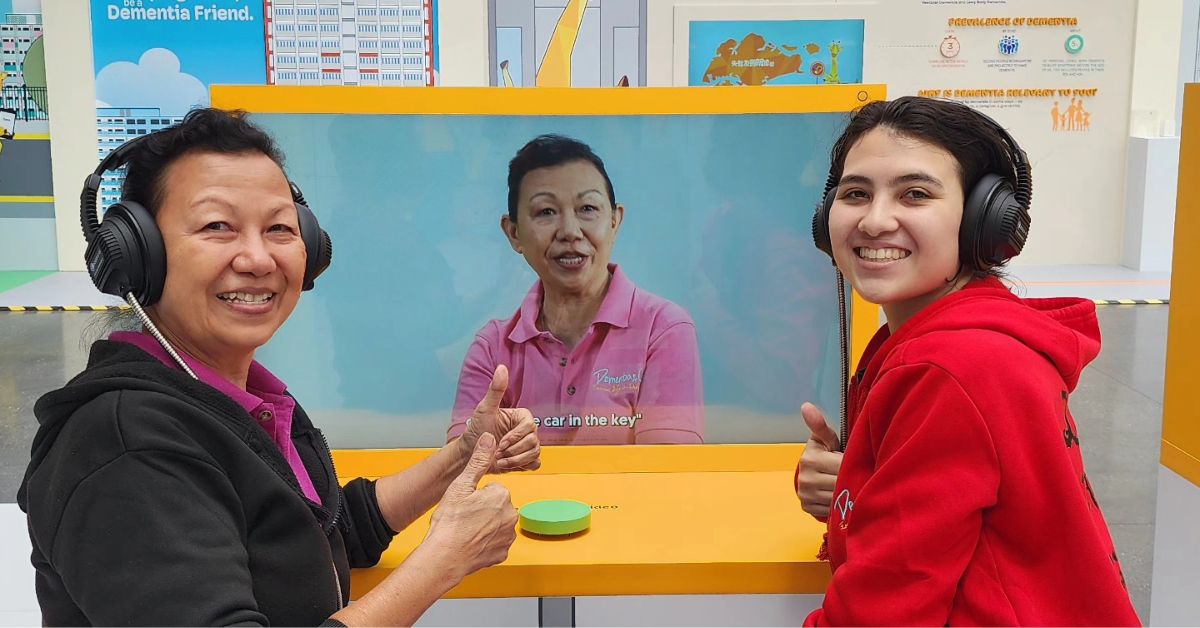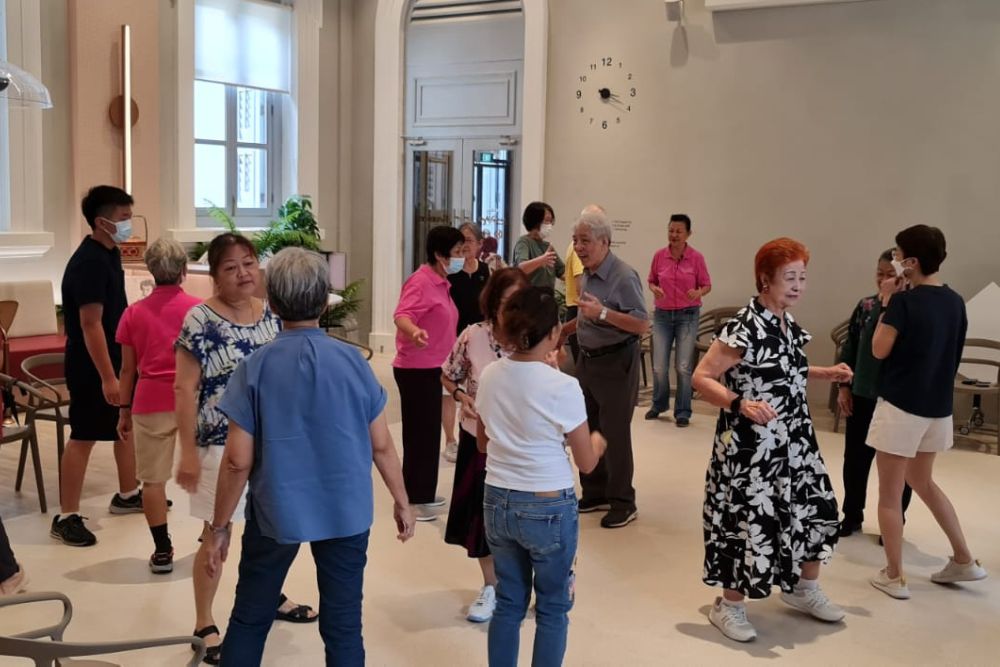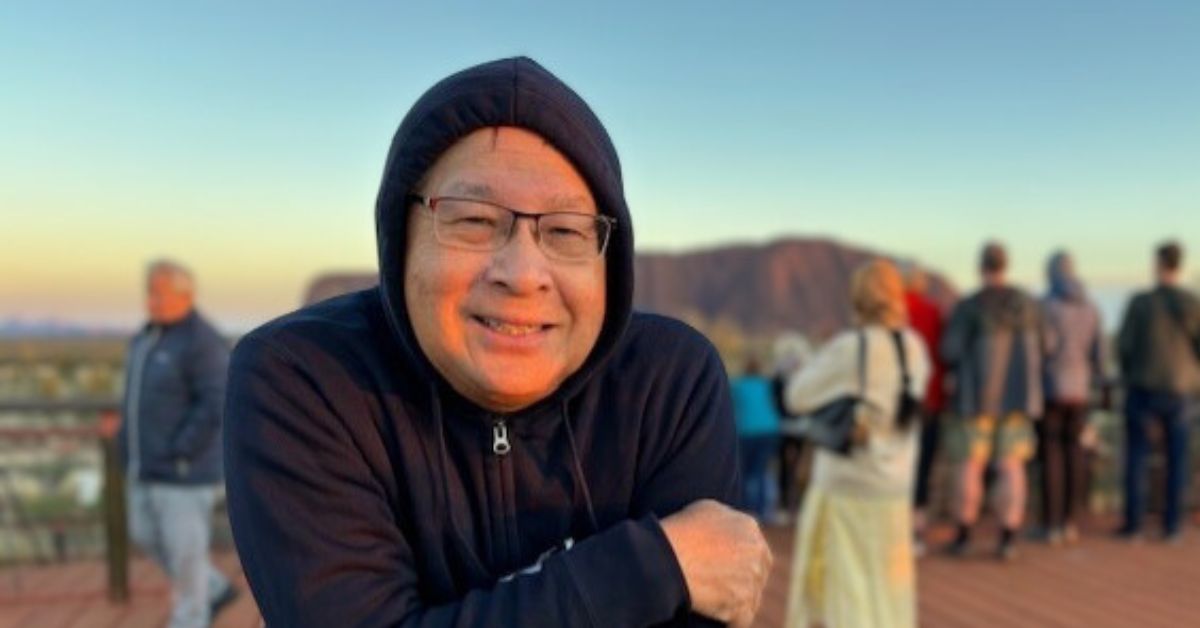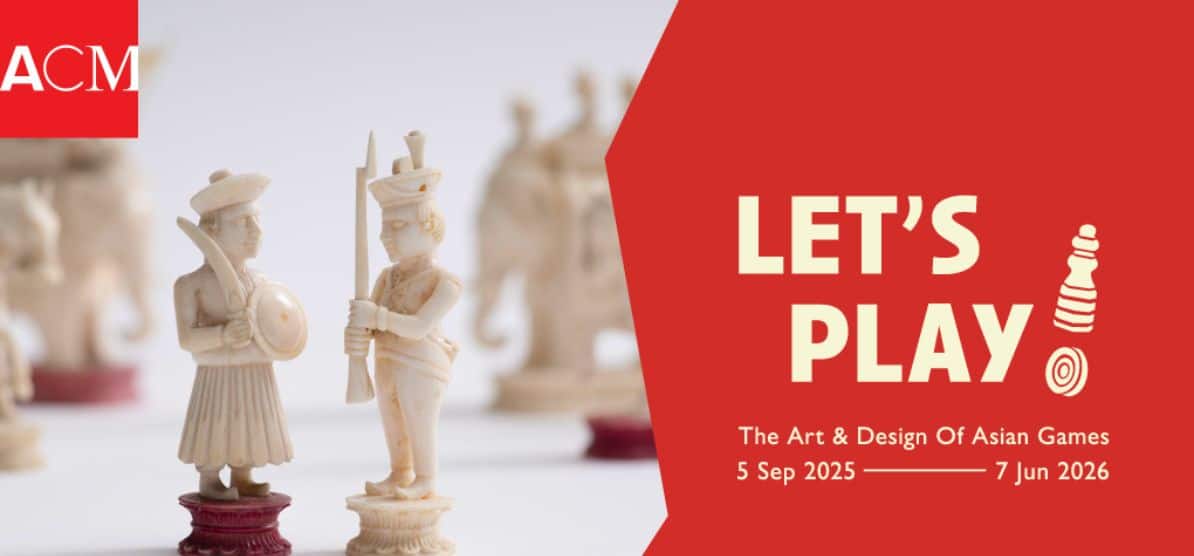
"But I was actually silently going mental, I had no clue what to do, how to behave or react. What was going to happen, what did it mean?"
"I was doing all sorts of mathematics that I didn't have the numbers for."
"I tried not to look. I stayed in my bubble at university, quietly willing it not to be real."
I regret it a lot because it took me away from my relationship with mum. You can't separate the person from the dementia, so to run away from one is to run away from both.
"There was definitely more that I could have done. It would be easy for me to say that I was very young but I wasn’t that young. It was only after that first year or so that I 'came back'."
"The word games and activities that generate fun are what seem to have made the biggest difference. Leaning into the fun of it was the mental switch we needed."
"We're not playing to win and prove anything, we're playing for fun and to enjoy time together, so we just change the rules!"
"I find a lot of joy in all our activities, but it comes along with a sense of helplessness. There are a lot of things that I can do, and a lot of things that I can't do with regard to how things are going to move forward. It's made me confront my own weaknesses. There are things which would be very helpful to do but sometimes I can barely do those things for myself – it's very confronting to recognise that."
Multiple dimensions of living with dementia
"We've always been so close, it’s never been a problem for us to discuss things. And when I started to focus, I was able to notice things that a lot of people don't. Like how when certain grammatical errors show up, they can be papered over. When Mum's tired, she speaks more with her jaw shut, little things like that – I know the baseline. Most people wouldn't notice, but it's so important for her to know that there is someone who will notice. I'm trying to respond to her in the same way she has always responded to me. Since I was young, she always noticed every little thing in me."
"It doesn't all have to be so serious because when something is so serious, there’s a sense of risk – I can do it and I could fail. But when it's fun, let's dance some more, or play some games – that’s something you can’t fail at."
"For me, it's intense but not bad. All the things I need to learn, I'm learning more quickly. For many people in this situation, you have to confront a lot about yourself in order to maintain the relationship with the other person. It can be very difficult – it feels like everything is coming at you.”
"When people ask me how my life has changed, I often answer that we’ve been having so much fun, people have taught me so much, and so on. But there is also the awareness that it has taken so much to get to this place."
"I am happy to share what I am learning: Reframe the situation. Don't patronise or pretend that it’s fine when it's not as that makes the person with dementia feel even more like a burden. Honesty helps maintain dignity. Choose to create fun out of everyday situations."
Why we dance?

"For example, we recently had a friend who was lost for 36 hours, without food, drink or shelter. Thankfully someone noticed the Dementia & Co logo on his t-shirt, and contacted the police. But the incident led us to ask this question: do we have enough ways to keep track of our loved ones?"
"What we're doing is building confidence. When the music comes on, people find themselves dancing, because they've already been moving through the exercises – it's beautiful!"
Because of the interaction and exercises, serotonin and dopamine are already at work. Play some familiar music, introduce some new music, the idea of leading and following. Many people don't know how to do this, but when you do it, you need to think and coordinate. Not surprisingly, older women never feel that they can lead – until they do!
"Dancing to me is very important. Music is the rhythm of life and if you can move with it, it is relaxing and joyful, and helps coordination."






